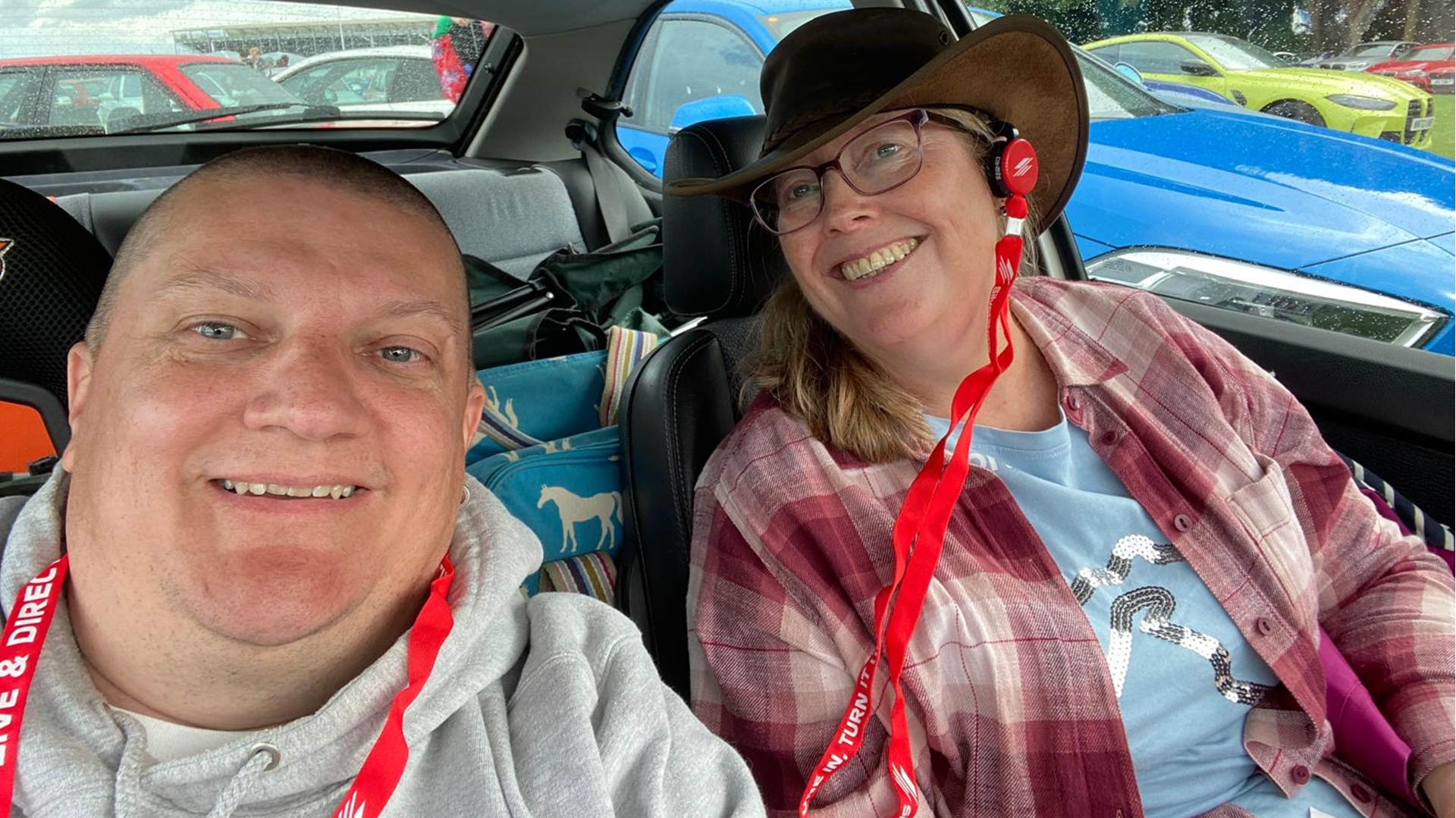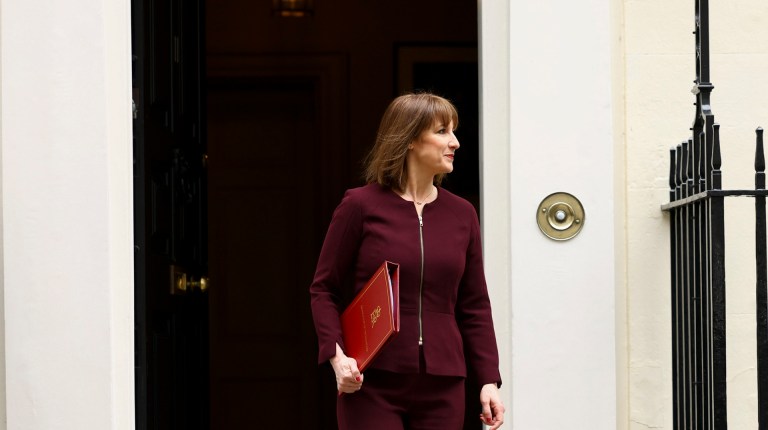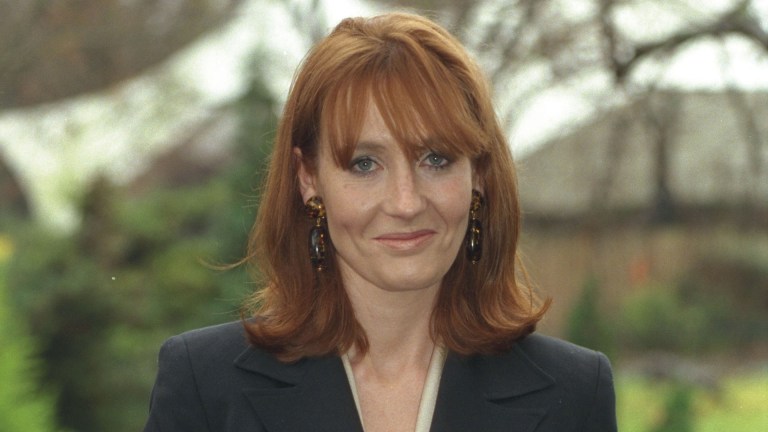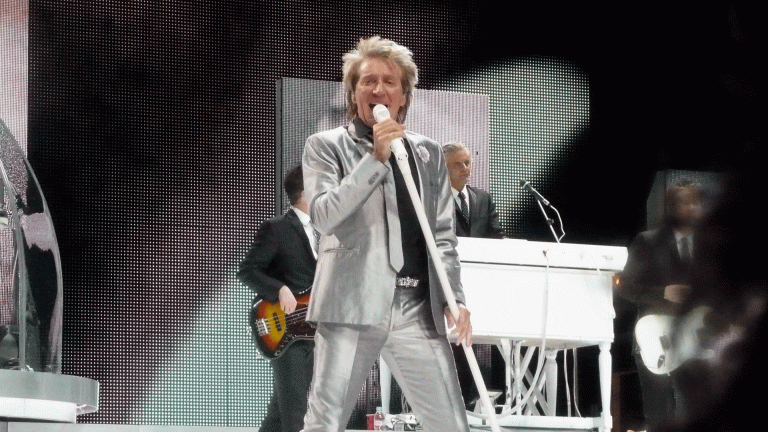Our world had been turned upside down and we were all traumatised – especially my daughter – but there did not seem to be a great level of concern from the medical team who saw me.
Unfortunately, at home, I continued to suffer more seizures which had a significant impact on my life. For a start, after the car accident I realised I was now no longer able to read.
Additionally, I had to stop driving, quit work, leave the new counselling college course I had started, and Michelle, my wife, became my full-time carer.
It was soul destroying for me. I was completely dependent on Michelle and I felt like a failure. Life was very bleak for me at the time and my thoughts became very dark about my future. It’s hard to admit, but I didn’t want to carry on – I felt like I was a burden and strain with no hope.
I became depressed and felt unable to open up about how I was feeling. It put a significant strain on our marriage as I felt worthless and less of a man as I had lost all my independence. The marriage no longer felt equal.
It was also incredibly hard for Michelle. She became very overwhelmed as she had to manage everything on her own. Although we were living together and sharing a life, we both felt very alone.
Advertising helps fund Big Issue’s mission to end poverty
For 18 months I was told by various doctors that they couldn’t find anything wrong with me, until I was referred to a different neurologist who discovered that I had a benign brain tumour.
Upon further investigation they discovered that I actually had two brain tumours. Furthermore, all the symptoms I had been experiencing were down to significant brain injury I had incurred during one of the seizures because my brain had been starved of oxygen.
It seems weird to say it, but getting that diagnosis of a brain tumour was the best day of my life. I finally had an answer and something to work with.
I was eventually invited by the charity that diagnosed me to give a talk at a conference about my experience.
The opportunity gave me purpose, and Michelle started to notice a huge difference as I became more independent and grew in confidence about my future.
Before the accident I was training to be a counsellor and was devastated that I had to give it up. But suddenly I realised my life had a new direction.
Advertising helps fund Big Issue’s mission to end poverty
I was thrilled when I secured a peer trainer role at St Andrew’s Healthcare’s Recovery College. St Andrew’s Healthcare is a mental health charity that supports people with complex needs.
I was able to work on the brain injury wards, getting to know the patients there who, like me, had suffered some sort of neurological condition.
I deliver recovery-focused educational courses to support wellbeing and recovery and I’m so glad that I can help patients better understand, learn self-management techniques and gain skills to give them hope for the future.
My lived experience gives our patients on the brain injury wards hope as they love to hear my personal insight. I’ve been there and I know what they are feeling.
Now I feel like my life is back on track. I have a job which gives me meaning and purpose, I am inspiring hope within fellow brain injury patients and sharing my lived experience.
My marriage is back on track and I am eternally grateful to my wife and children for all their support they gave me.
Advertising helps fund Big Issue’s mission to end poverty
Being given my diagnosis was a game changer for me. It was the beginning of my recovery and made me realise that none of this was my fault.
Timothy Samples is a peer trainer at St Andrew’s Healthcare’s Recovery College. For more information about St Andrew’s Healthcare and its brain injury wards, click here.










